Five referendum lessons from Swiss politics
June 16, 2017, 2 Comments
 The Swiss understand referendums. They have to because they have one every few months not every few years. And they can be on any topic, from nuclear power to banning burkas. So the Swiss know all about yes and no campaigns (even divisive ones) and their after-effects.
The Swiss understand referendums. They have to because they have one every few months not every few years. And they can be on any topic, from nuclear power to banning burkas. So the Swiss know all about yes and no campaigns (even divisive ones) and their after-effects.
Those effects almost never include resignations, elections, fake news and general chaos. For sure there can be surprise results, such as voting not to join the European Economic Area in 1992, but it rarely leads to the kind of upheaval the Brexit vote has produced in the UK. So what can the British learn from the Swiss system of direct democracy?
Lesson One: playing by the rules
A Swiss referendum is never a mechanism for one party (or even person) to solve its own difficulties. It cannot be called purely at the whim of the president, or any one individual. The Brexit vote, in the manner it was held in the UK, could never happen in Switzerland. That’s because a Swiss referendum only occurs if it is obligatory (such as changing the constitution) or if enough signatures are collected to trigger a vote (for example, to contest an an act of parliament). Sometimes a referendum is actually an initiative proposed by one party or group that has collected 100,000 signatures and so is entitled to let the people decide the matter. These rules mean that a referendum plays an integral part of the ongoing political process rather than being a one-off to pacify certain parties.
Lesson Two: the will of the people
Whatever the result, no matter how close the vote, the ‘will of the people’ is not written in stone. The vote does not necessarily end the debate but often is just another part of the process. Parliament and the government are obliged to try and turn the result into law but pragmatism sometimes trumps politics. For example, the successful initiative of February 2014 to control immigration from the EU wasn’t enacted word for word by parliament and so no quotas or controls were introduced. No single person or party can enforce how a result is implemented.
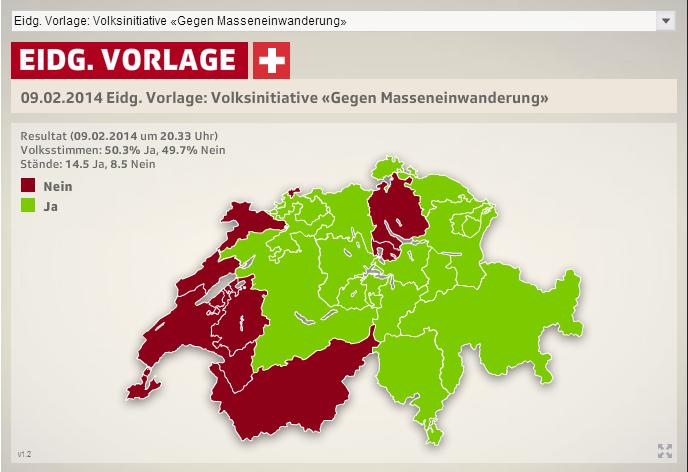
Lesson Three: a second chance
Any result can be subject to a second, or even third, referendum. There is no such thing as a result dictating the whole agenda because the people can collect signatures to force another vote or contest the proposed laws that come about as a result of the first one. “You lost, get over it” is a pointless taunt as there can always be a second vote. A great example is women’s voting rights: in 1959 parliament decided to give women the vote at federal level but the (male) voters rejected it in a referendum. That result was overturned in a second referendum in 1971 and women could finally vote.
Lesson Four: everything all the time
Swiss voters don’t just get to decide on one issue, they have to vote on almost every issue. It’s a big responsibility and one they take seriously, for the most part. To the Swiss mind its illogical to ask voters about the EU but not about tax, healthcare, energy policy, arms sales, transport investment, education or any other crucial topic. The British obsession with demanding a referendum on the EU but not being bothered about having a say on all the other stuff looks daft in comparison.
Lesson Five: the big picture
If it loses a vote, the Swiss government doesn’t collapse and ministers don’t flounce out. And they certainly don’t call a general election. They go back to the drawing board and start again to find a solution that is acceptable to the majority of the population. Swiss voters recently rejected the corporate tax reforms proposed by the government, so it’s back to square one for the finance minister. Stability is the name of the game in Swiss politics and that often means looking at the big picture rather than detail of one lost vote.
More than forty years of internal squabbling in the Tory party has left Britain on the verge of chaos. One prime minister gone after losing a referendum and another on the way out after not winning an election. And still no plan for what happens with Brexit, despite the failing economy and threat to the Union.
British politics could learn a lot from looking to Switzerland.



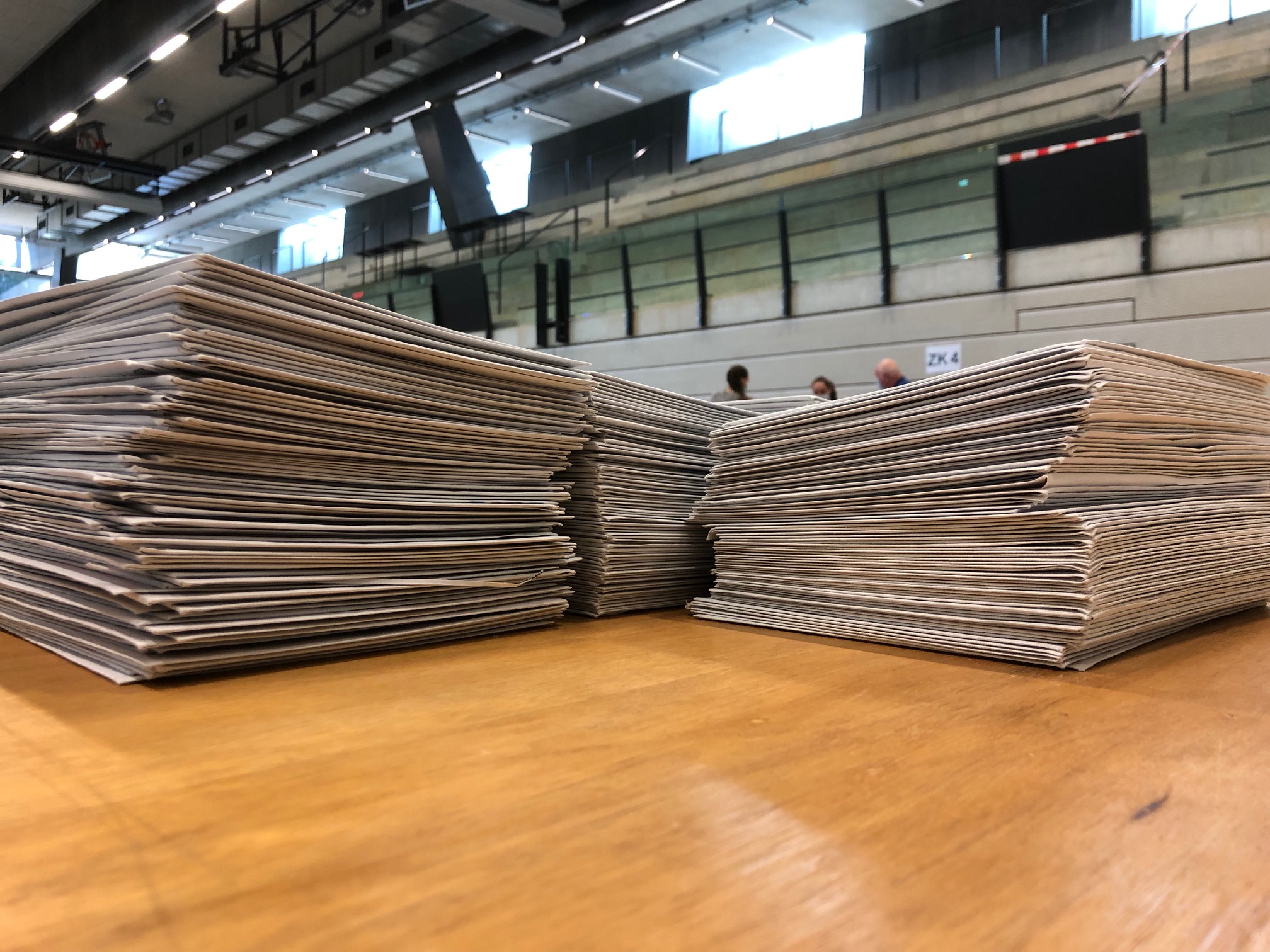
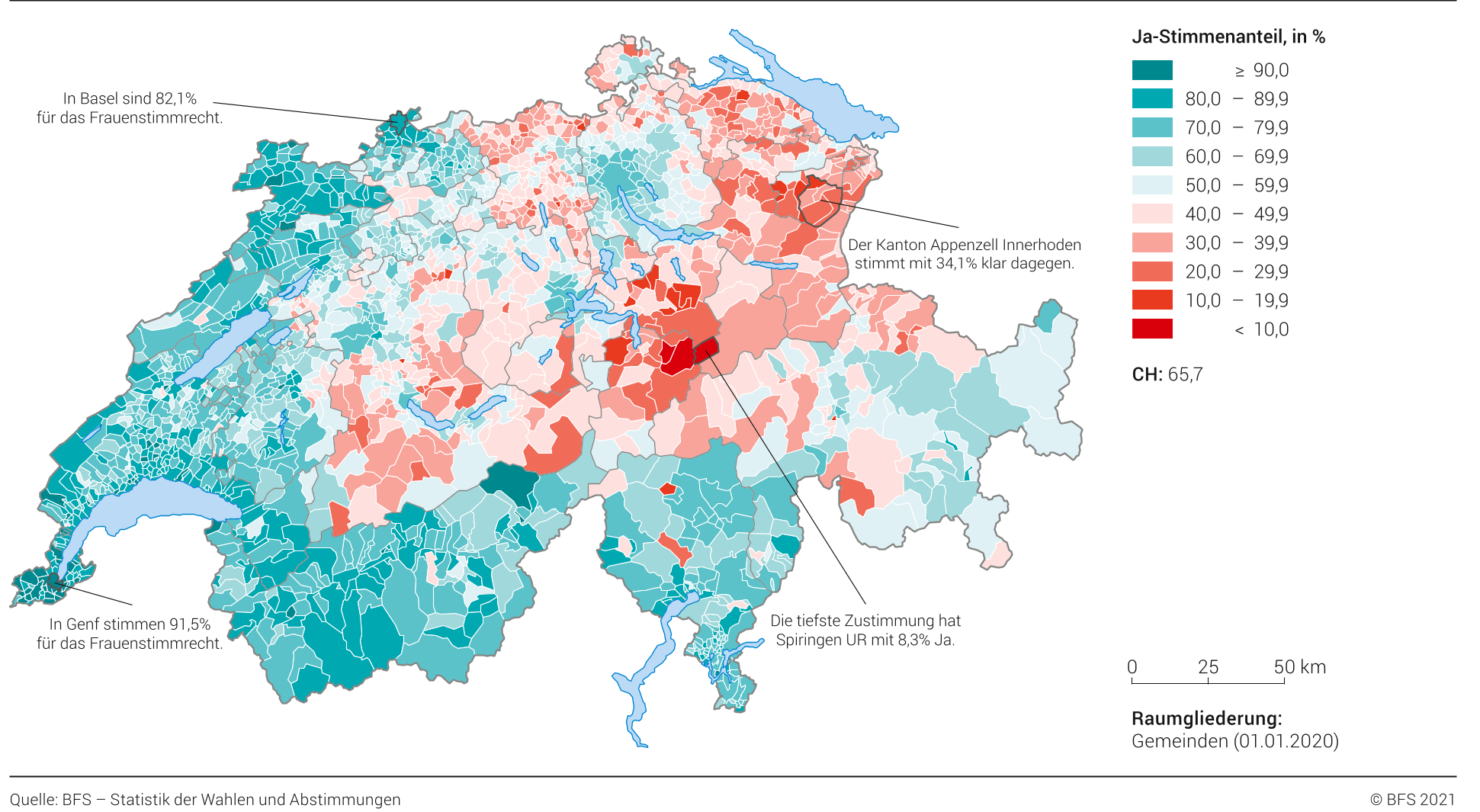

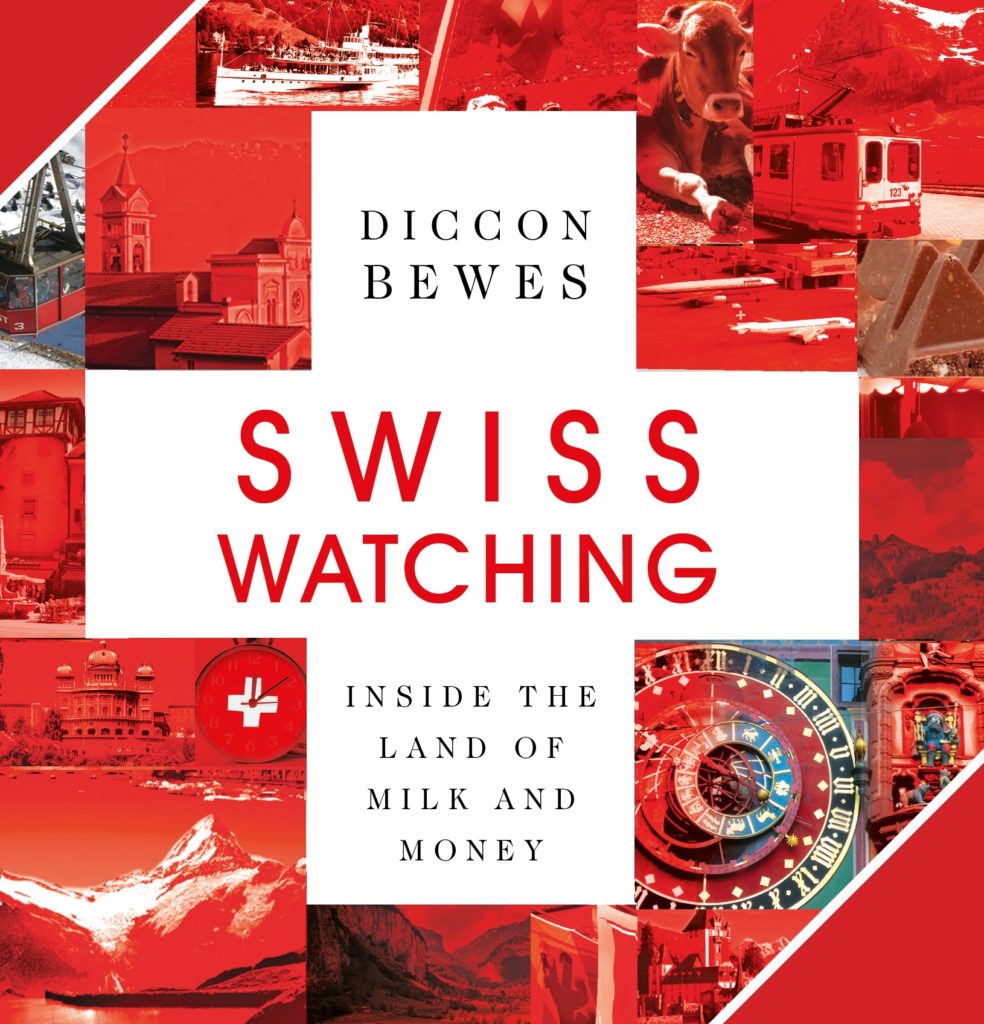

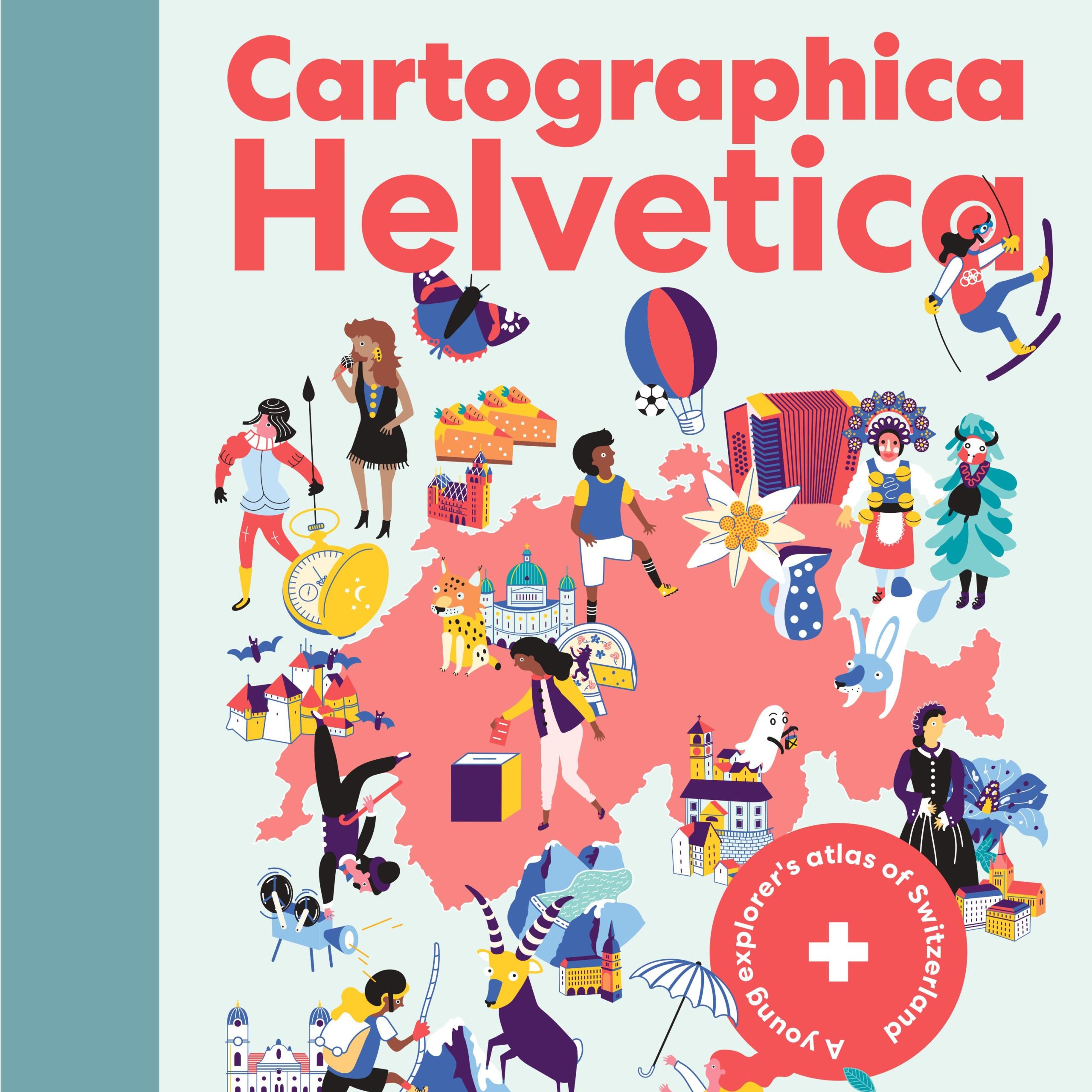


 Follow on Facebook
Follow on Facebook Follow on Twitter
Follow on Twitter Subscribe by RSS
Subscribe by RSS Contact me directly
Contact me directly Global Solutions Inc.
Global Solutions Inc.
2 Comments on "Five referendum lessons from Swiss politics"
Suffice it to say Diccon as much as British politics could learn from the Swiss we here in the US could learn a ___ of a lot more . Especially when it comes to voter ‘ responsibility ‘ ( less than 50% of registered voters voted in the 2017 elections ] , no one party ruling the roost etc .
Eh, we’re not that much better when it comes to attendance, sadly. Since we vote four times a year instead of once every four years and every time there’s a certain amount of documentation to consider a lot of people over here just don’t bother which has time and time again led to bad decisions…